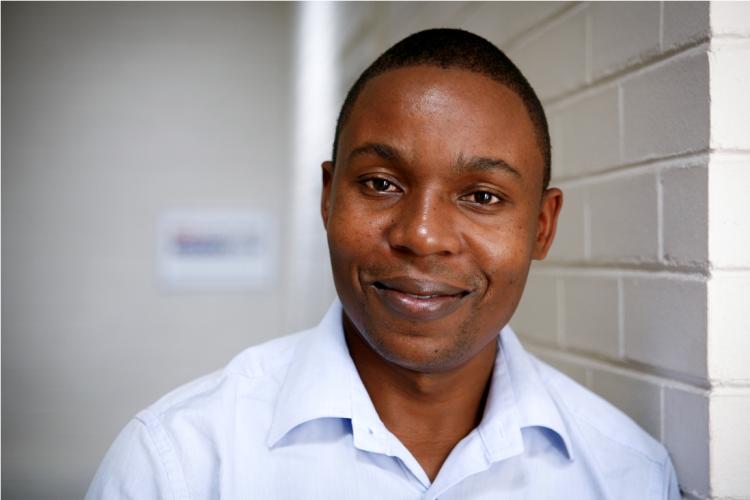
Wellington Radu is Head of Programmes at Media Monitoring Africa, South Africa. He is interested in information and communication technologies, human rights and sustainable development. Wellington holds a Masters Degree in Development Sociology from Wits University and a certificate in Human Rights Theory and Practice from the University of Cape Town.
Aside from the diversity of the participants, the length and breadth and maybe depth of the topics discussed, there was something really special about the second African School on Internet Governance (AfriSIG2014). I say so because I am one of the participants who had the privilege of attending both the first AfriSIG in Durban in 2013 and the 2014 edition held in Mauritius.
While Durban was great, the group was much smaller and so was the venue. Participants also stayed at two different places (read hotels). This time around the venue was superb and the group was much bigger and we all stayed at the same place.
We also slept together. (I’m sure those whose first language is not English would understand what I mean. Of course this is an assumption). I mean we shared rooms in pairs. How we were paired only the organisers know but am sure they did their homework.
Before I keep digressing, I must say most of the discussions in Durban pretty much ended in the sessions (of course I’m exaggerating) but the discussions could not go on through the night because the other participants had to find their way to their respective places of rest.
One special aspect of AfriSIG2014 that I hope some of my fellow participants would agree with is The Table. I call it The Table capital ‘T’ because everyone was welcome and everyone was equal irrespective of race, colour, religion, sex, sexual orientation, national origin, ability status or any other characteristic you can think of. There was no faculty, no organisers, no resource persons and no participants – we were all equal.
How The Table came to be constituted after the sessions and undercover of darkness I don’t know but I do know that the discussions were robust. The mouthful, ‘multistakehoooolderism’, was dissected up, down and sideways. Issues of social justice were brought into the equation by none other than Thomas Isidore Noël Sankara himself aka Henry Makori.
The beauty about The Table was that ideas were put to the test, they were debated, and consensus however rough it may be was not necessarily the end game. The table heard discussions that it probably never heard given the clientele that Tamasa Resort had at the time. (Again this is an assumption).
What The Table showed me is that despite a plethora of challenges we all know about, Africa has a bright future as Africans of different persuasions were willing to listen to each other and test each other’s persuasions. Whether one believed in any ‘ism’ or ‘isms’ didn’t matter. What mattered was how we take Africa forward in the internet governance space.
Had it not been for AfriSIG2014, I wouldn’t have had a chance to hear from other young Africans about what they are willing and going to do to take this lovely continent forward. I encourage those who will be attending future African schools on internet governance to carry on the spirit, that way AfriSIG will remain the fountain of ideas.
